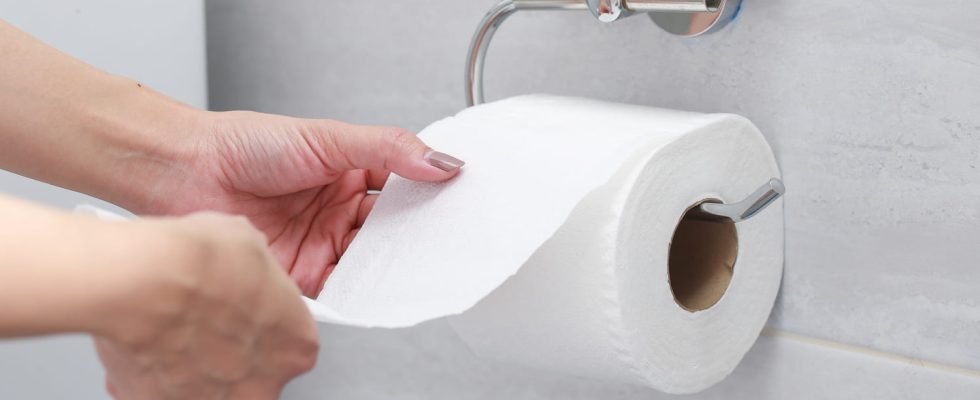Toilet paper is living its last days and its end is getting closer and closer. Here’s what his replacement could be.
The invention of toilet paper is an essential element in the progression of our hygiene. Although its exact provenance is not known, writings from the 6th century BC in ancient China already speak of it. However, modern toilet paper was not invented until much later, in the mid-19th century, by Joseph Gayetty in the United States. Since then, it has been a widely used product, and even in the most difficult periods of history it has become one of the most demanded. Just remember what happened in 2020 when the Covid-19 pandemic started. Toilet paper disappeared from supermarkets and finding it was a near impossible mission.
Goodbye to toilet paper? It is generally believed to be an ecological product because it is easily disposable. However, this is not entirely true. In recent years, environmental organizations around the world have expressed serious concerns about the impact of toilet paper on the environment, particularly in the case of extra soft paper. Toilet paper is made from recycled paper and cellulose. Extra soft requires a higher percentage of new fiber to achieve that extra softness, which is why it is more expensive. Additionally, toilet paper fails to clean completely, which has led many people to revert to the traditional method of removing dirt: soap and water. This also prevents possible irritation.
And that’s not all ! Scientists from the University of Florida conducted a study by analyzing wastewater and collecting toilet paper samples from different parts of the world. The conclusion they reached is worrying to say the least. Toilet paper could be a source of chemicals potentially dangerous to health. Experts have found so-called “perennial contaminants” in this product.
Considering all of this, the end of toilet paper may be closer than we think. Of course, there are already countries where this product is not used. For example, in the Middle East and Southeast Asia, it is more common to wash with water. In Jordan, Egypt or India, it is rare for bathrooms to have toilets. The custom is to squat over a hole in the ground and, when finished, there is a bucket of water to rinse the area and a hose to clean yourself.
What alternatives could then replace toilet paper? Among those offered are the traditional bidet or the electric bidet, which contain water and soap, as mentioned previously. There is also reusable toilet paper, usually made of cotton, which is kept in a bag to be washed and reused. Non-disposable and therefore more ecological!
